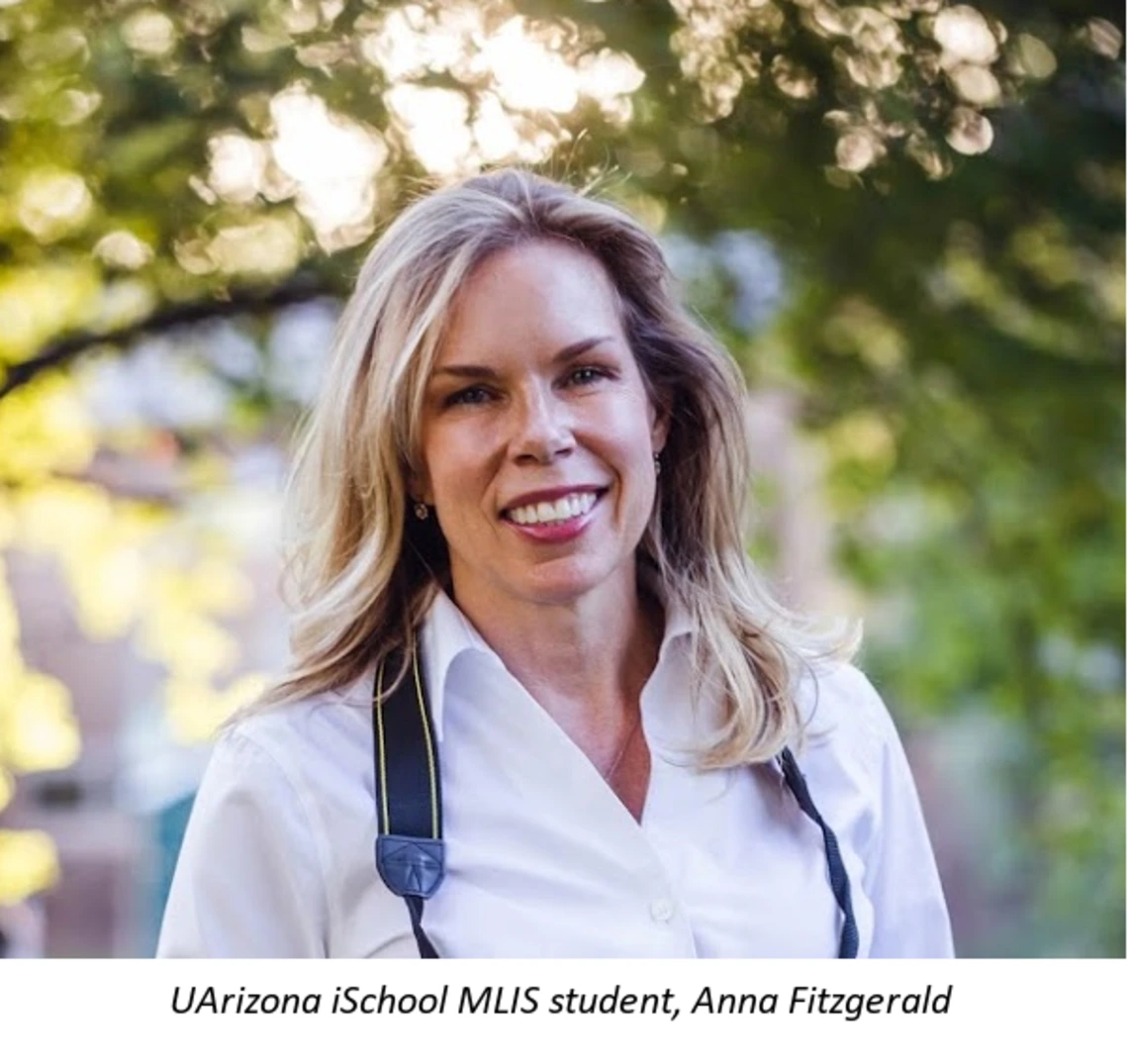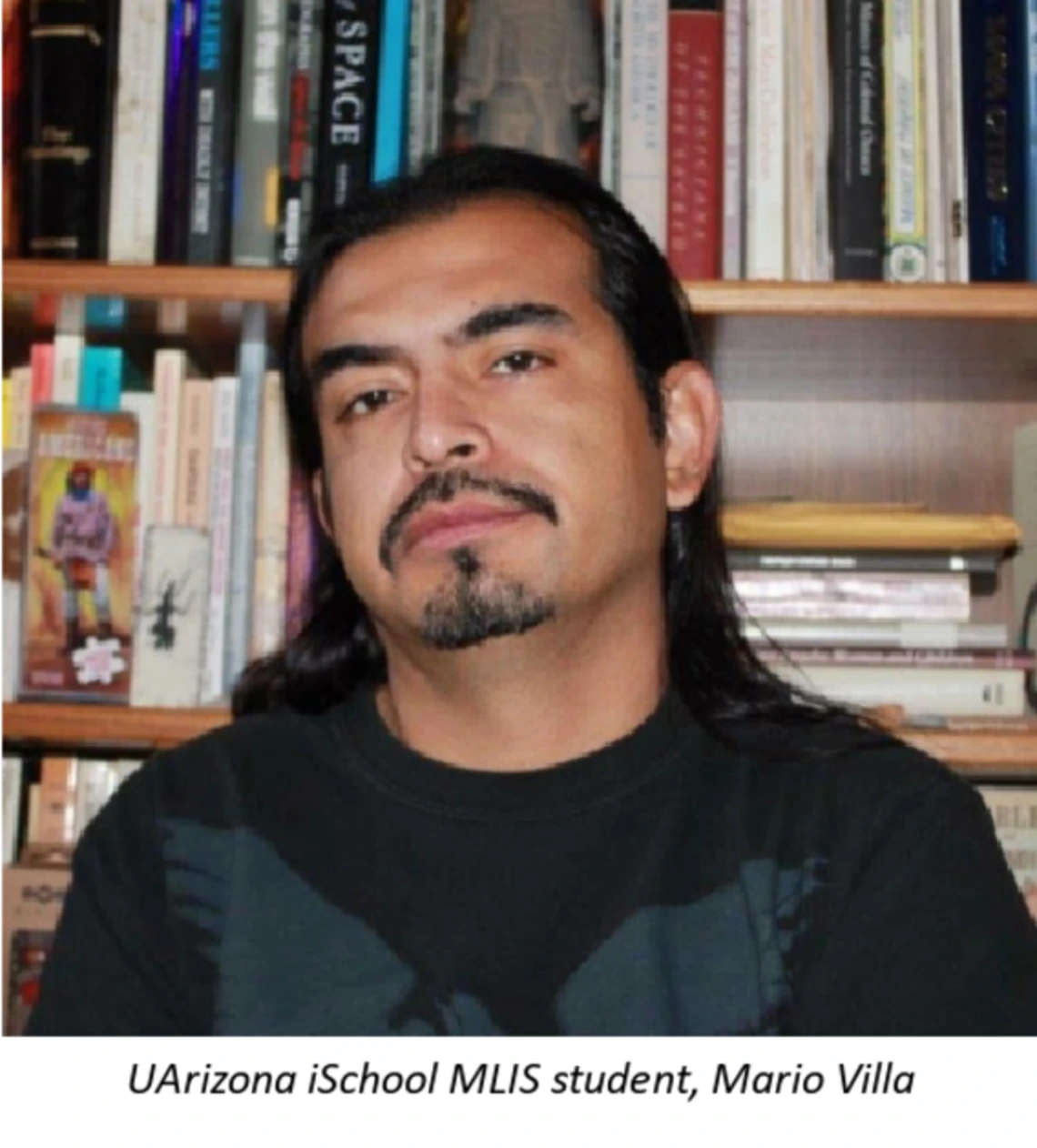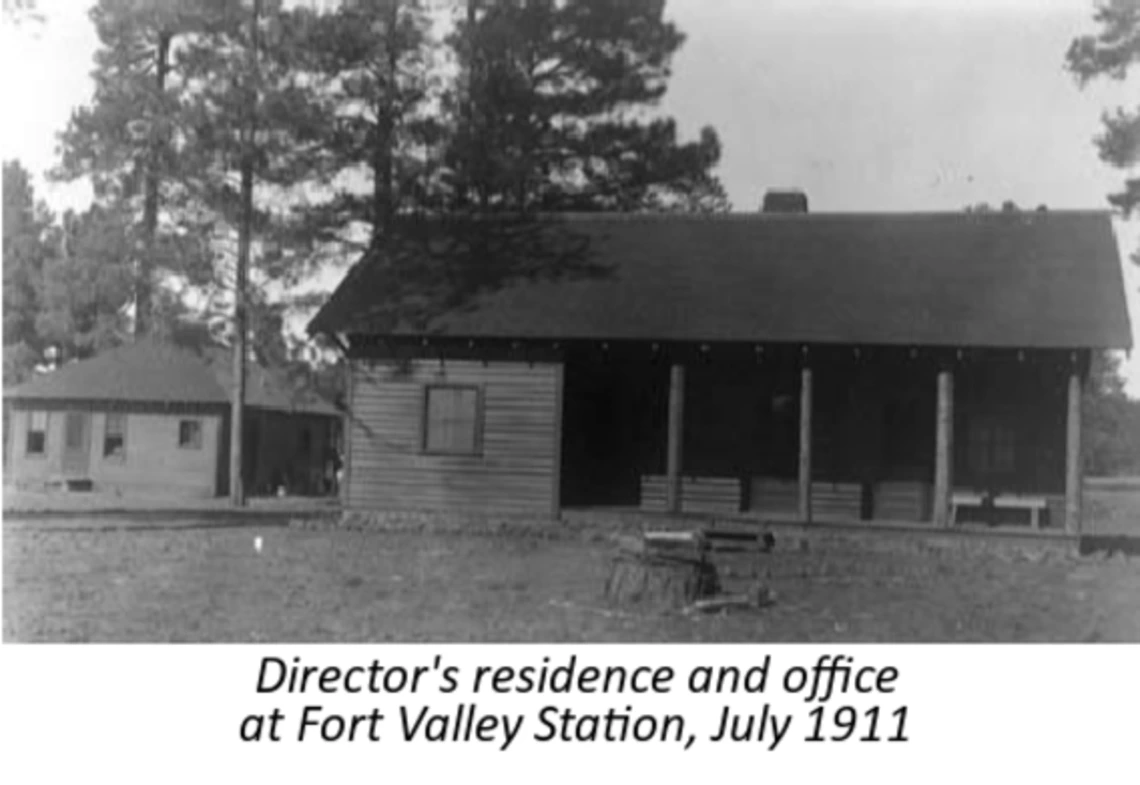U of A College of Information Science Students Help Bring Forestry Data to Light
Data from historical archives can become “dark” and inaccessible as time passes. Writing fades. Mice and termites eat paper. Fire or other natural disasters can lead to the loss of irreplaceable information forever. Over the course of time, the memories of the people who created data are lost. Records can sit in the dungeon-like depths of cabinets and desks and exist as “dark data”. In some cases however the information is so valuable that organizations will make efforts to copy, digitize and reformat, and liberate the data. Forest Service Research stakeholders have repeatedly identified the long-term data from experimental forests and ranges as that kind of highly valuable data. Over the past year, U of A College of Information Science MLIS students Anna Fitzgerald and Mario Villa, have been participating in just such a project, digitizing and documenting archival forestry data for use by scientists and policy makers. The forest research records, some dating back over 100 years, come from the first Forest Service research facility established in the Nation, the Fort Valley Experimental Forest (formerly the Coconino Experiment Station). The station opened in August 1908
The COVID-19 pandemic forced the students and the United States Forest Service team to quickly adapt to and roll with changing requirements imposed by quarantines and related safety requirements of the federal government, the state of Arizona, and the University of Arizona Research Office. The students used their substantial prior skills, skills from the classroom, and archiving procedures for the Forest Service Research Data Archive (FSRDA) protocols to scan, create metadata and an amalgamation of data using specialized digital curation applications.
Through the FSRDA, future generations of researchers and land use managers will be able to search and extract information to make more informed decisions about future land use as the world’s environmental conditions change. Changing rainfall and temperature patterns are leading to a die-off of some species and an invasion of destructive species, forest fires and other destructive outcomes. The USFS Fort Valley Experimental Forest was formed over a century ago to study why the native ponderosa pines were not regrowing as expected after logging operations. Mario and Anna’s work helps the Fort Valley Experimental Forest continue to meet this original mission.
Mario observed that, “After being in the field as an archaeologist, I agree with Dave Rugg (national program manager for Research Data Services, which includes operating the Forest Service Research Data Archive) that this process really is ‘data archaeology.’ In documenting these historical data artifacts, it’s fascinating to see the changes from pad and pencil to typewriters to dot-matrix printers to current spreadsheets, which demonstrate a progression of human data recording and archiving within the past 100+ years.”
Anna, who has a long-standing interest in ecology, used her biology knowledge to reassemble archived research and data packages about weather, climate, vegetation, and fauna in the Beaver Creek Experimental Watershed. These data are now undergoing preparation for migration to the USFS open-access repository to be of use for current and future research needs.
Anna and Mario were both inspired by their work this past year to advance their careers in fields related to this archival work. For Anna, “working in digital archiving to help preserve our planetary biodiversity and give access to science research is energizing. As a data organization specialist, I recognize that this work is crucial to research repositories such as medical and atmospheric sciences. It also helped me formulate the research I proposed for my Fulbright Scholar application. I am currently a semifinalist waiting for second-round decisions.”
Mario said, “I was already interested in data mining, natural language processing, and machine learning and wanted to continue further work in these areas. This project confirmed that desire, so I applied to PhD programs. I’m close to making my final decision regarding which one I’ll be attending this fall after being accepted.”
This project is a collaboration between the USFS and the U of A College of Information Science Center for Digital Society and Data Studies. We will be recruiting new students for a continuation and modification of this project hopefully without substantial COVID-19 restrictions.




